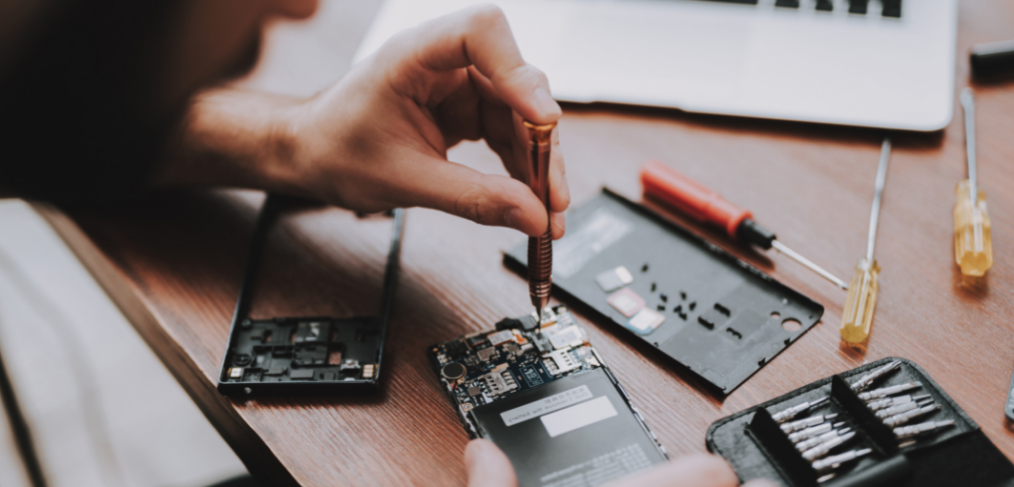
Gastbeitrag im „The Parliament“: Repairing the circle – Why consumers and companies benefit from a circular economy
A smartphone that stops supporting software updates; a washing machine rendered useless by a single, faulty plastic button; a laptop with a battery that cannot be replaced by the owner – these are all things consumers in the European Union experience regularly.
In recent years, companies have faced criticism for designing products that break easily and are difficult to repair – meaning that once a product fails, consumers are forced to buy a new one. This is not only expensive and annoying, but it also damages the environment, wastes precious resources and produces unnecessary waste.
The good news is that the European Commission has taken a step towards addressing this wastage, after continual pressure from the European Parliament.
In March, the Commission adopted a proposal that finally gives the bloc’s 450 million consumers a ‘right to repair’, as well as mandating more transparency and information about repair options and supporting new initiatives to foster the refurbishment market.
The new draft rules will work together with other key legislative proposals aimed at helping the EU transition to a circular economy, such as an eco-design proposal that seeks to make sustainable products the norm, as well as a proposal for a repair index for products that will help consumers choose a long-lasting and sustainable product.
Consumers want to be part of the green transition; it’s why people get together to mend and restore their goods in repair cafés all over Europe. It is time to support them.
However, there is one major obstacle to the right to repair that I do not see sufficiently addressed in the Commission’s plans – the price of repair. Too often, it is much cheaper to replace a broken product with a new one than to repair it. Therefore, we must extend the legal guarantee for repair on consumer products.
My smartphone, for instance, has an expected lifetime of about five years, but the legal guarantee covers the cost of repair for only two years. Extending the legal guarantee for repair to the expected lifetime of a product will ensure consumers are not left to bear the costs.
And companies will benefit, too. After all, consumers are more likely to invest in products that can be repaired free of charge over a longer period.
With the climate crisis and the increasing exploitation of our limited natural resources, we must rethink our economy. It is time to shift the consumption paradigm from a linear chain into a circle – one in which resources are reused, products repaired and waste recycled.
The circular economy is key to achieving the green and social transformation of Europe, and it benefits consumers, companies and the climate.
Parliament’s Committee on the Internal Market and Consumer Protection (IMCO) welcomed the Commission’s proposal for a right to repair. IMCO is also championing the new proposals to empower consumers in the green transition and to promote the manufacturing of sustainable products.
These are important steps towards supporting consumers in the green transition. If they are implemented and monitored ambitiously, they can guide our way towards a circular economy.
By creating demand for repair within the legal guarantee, we create a new market where repair is the norm and affordable. This would be the perfect example of high consumer protection and the green transition going hand in hand.
